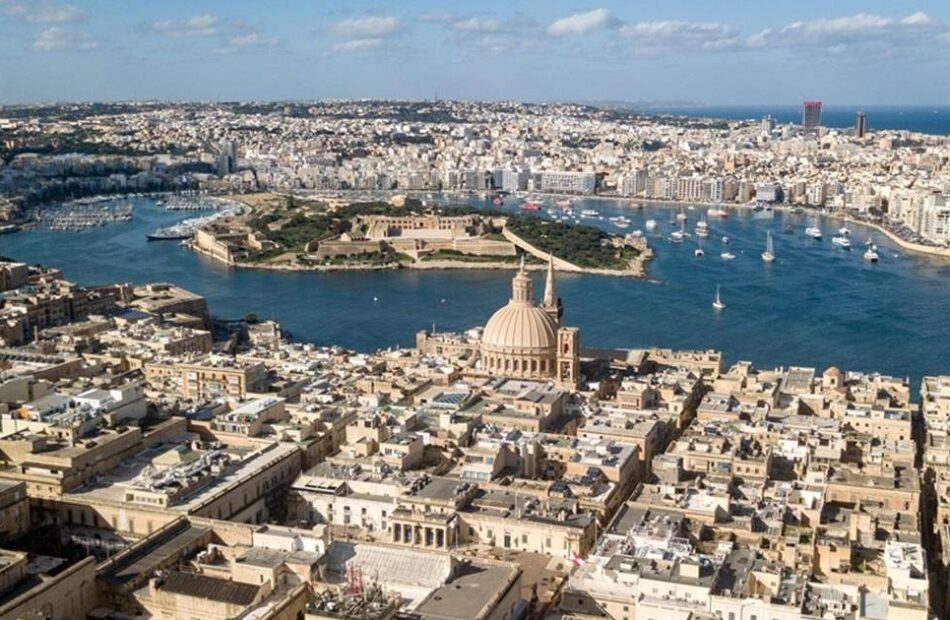Malta: A Global Leader in Online Gaming Regulation
Malta may be small in size—with less than 600,000 people and just 316 square kilometers of land—but it plays a big role in the global online gaming world. This sunny Mediterranean island has become one of the top hubs for the iGaming industry, thanks to its strong leadership through the Malta Gaming Authority (MGA). Even though it’s smaller than many cities around the world, Malta has made a name for itself by setting standards, influencing global markets, and leading innovation in online gambling.
Malta was one of the first countries to see the potential of online gambling. As early as 2001, Maltese lawmakers began updating their laws to include internet-based gaming. They created a body called the Lotteries and Gaming Authority (LGA), which later became the MGA in 2015. By 2004, Malta had a full legal system in place to regulate both land-based casinos and online gambling. This made Malta the first country in the European Union to have clear rules for iGaming. These laws set a strong foundation that many other countries would later follow.
Over time, other nations started to catch up. The UK and Italy created their own iGaming regulations in 2007 and 2011. Later on, countries like Spain, Germany, and the Netherlands also legalized online gaming. In North America, Ontario, Canada launched a regulated iGaming market in 2022. Many of these new systems were inspired by Malta’s model. The MGA license is now seen globally as a sign of trust and quality. Online gaming companies with this license often find it easier to enter new markets.
Thanks to its early start and solid regulations, Malta is now home to over 300 gaming companies. The iGaming industry employs more than 10,000 professionals on the island. With business-friendly taxes and strong internet infrastructure, Malta has built a powerful and connected community of gaming businesses. The MGA plays a key role here by encouraging collaboration and supporting innovation. iGaming makes up more than 12% of Malta’s economy, showing just how important this sector is for the country.
As new iGaming markets appear around the world, many turn to the MGA for guidance. The MGA’s licensing rules are often used as a reference when creating new gambling laws. In Europe, the MGA works with groups like the European Gaming and Betting Association (EGBA) to promote fair competition and financial security. But what truly sets the MGA apart is its focus on player protection. Its rules include strict anti-money laundering policies and strong safeguards for responsible gambling. Because of its trusted reputation, the MGA also helps resolve disputes between players, gaming companies, and regulators across borders.
The gambling world has changed dramatically over the past 20 years. What was once dominated by physical casinos has now shifted online. New technologies like live dealer games, cryptocurrency casinos, and mobile-first platforms have transformed the way people play. Looking ahead, artificial intelligence (AI) and virtual reality (VR) are expected to bring even more changes. To stay ahead, regulators need to adapt quickly—and Malta has done just that. A good example is the MGA’s blockchain sandbox launched in 2019, where companies could test out crypto-backed platforms using Bitcoin and Ethereum in a safe environment.
Today, Malta remains a leader in iGaming regulation and innovation. Its early decisions have helped shape a global industry that continues to grow rapidly. With strong experience, trusted licenses, and forward-thinking policies, Malta and the MGA are well-positioned to guide the future of online gaming. Despite its small size, this island continues to make a big impact in the digital gambling world.

